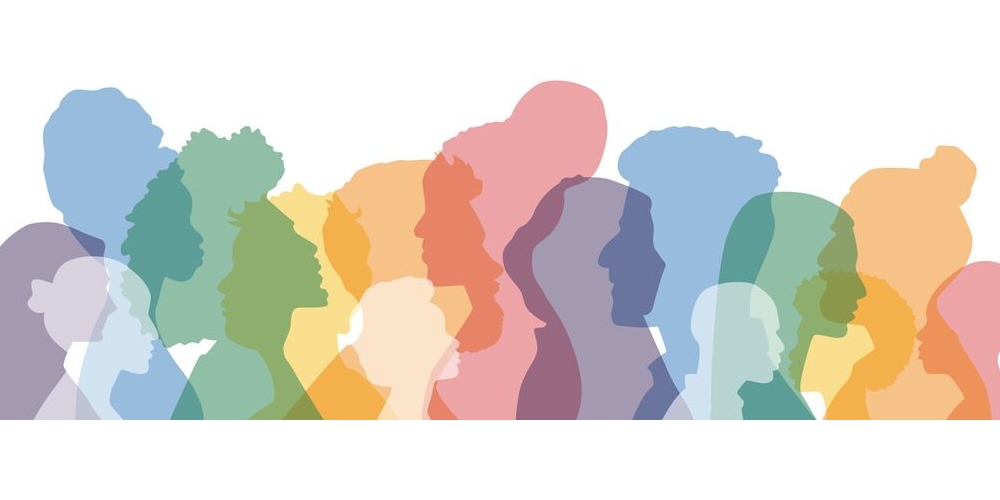New study explores gender gap in mental health during COVID-19

Young women’s mental health declined more than any other group during the COVID-19 pandemic, according to a new study.
And data shows young men’s mental health has been slower to rebound to pre-lockdown levels.
The findings are included in a new paper, produced by researchers from Glasgow Caledonian University, based on data from the UK Longitudinal Household Survey.
Participants were quizzed on mental health indicators such as loss of sleep, enjoyment of day-to-day activities, and ability to deal with problems.
Mhairi Webster, a PhD student at the Yunus Centre for Social Business and Health and author of the study, said: “Young people, especially young women, experienced the greatest reductions in their mental health during strict lockdown periods, likely due to loneliness and social isolation.
“This effect may be due to women’s larger support networks, for example having a greater number of close friends, which may greatly impact their mental health when these support networks are disrupted by restrictions on social gatherings.
“It is imperative when addressing future pandemic responses to strike a balance between protecting public health and maintaining the mental health of vulnerable groups.”
The study, published in the peer-reviewed journal PLOS One, used data drawn from the mental health responses of 26,335 people from across the UK, from before, during and after the pandemic.
The gender gap was most pronounced at the start of lockdown.
Overall, women, younger people, people who were unemployed, single parents, people living in an urban area, and people with a long-term limiting illness had steeper declines than other groups.
The study concludes: “It is unknown what the longer-term effects of the pandemic will be on mental health and other health behaviours.
“Young men’s mental health also seems to have been slower to rebound. This suggests that while progress has been made in narrowing the gender gap, challenges persist, and further efforts may be needed to fully address and understand the complexities of mental health disparities during and after the pandemic.”
